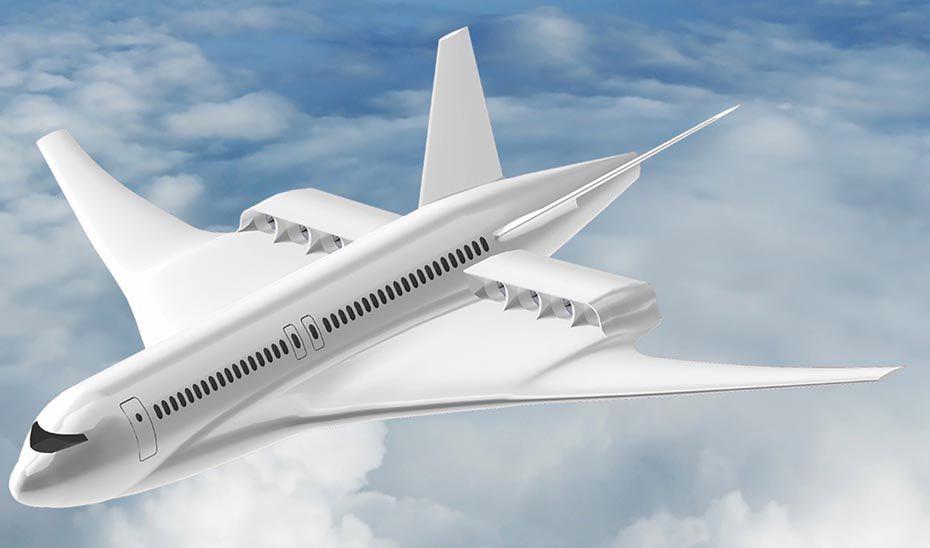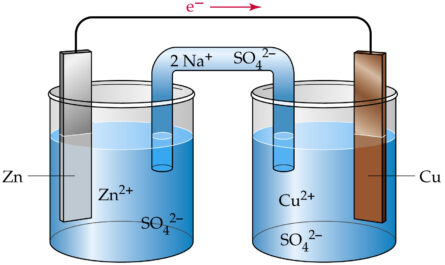The aviation industry has come under increased scrutiny in recent years due to concerns over carbon emissions and environmental impact. Hydrocarbon jet fuels have powered aircraft fleets for decades but their combustion produces harmful greenhouse gases. There is a pressing need to transition aviation towards cleaner and more sustainable energy sources. Hydrogen, the most abundant element in the universe, has emerged as a promising zero-emission alternative that can power the aircraft of tomorrow.
The Drive Towards Hydrogen-Powered Flight
Major aircraft manufacturers like Airbus, Boeing and Embraer have accelerated research into hydrogen-powered aircraft over the past few years. They aim to introduce these aircraft between 2035 and 2050 to progressively replace conventional jets. Several startups like ZeroAvia, Universal Hydrogen and ZeroPetrol have also joined the innovation race with their own experimental hydrogen aircraft designs. Government agencies like NASA and the European Commission have poured substantial funds into hydrogen aviation programs. They view it as a critical technology that can help decarbonize large sectors of the transport industry.
Hydrogen fuel cells directly convert chemical energy into electricity through an electrochemical reaction between hydrogen and oxygen. This electricity can then power electric motors to propel Hydrogen Aircraft. The only emission from a hydrogen fuel cell is water vapor, making it a zero-emission technology. Hydrogen can also be combusted to produce thrust like conventional jet fuel. Both fuel cell and combustion technologies are being explored for aircraft propulsion.
Challenges in Developing Hydrogen-Powered Aircraft
While the promise of hydrogen is enticing, developing hydrogen-powered commercial airliners faces several technological challenges:
Storage and Weight: Storing sufficient hydrogen onboard to power long flights is difficult due to its low density. Hydrogen needs to be kept at cryogenic temperatures as a liquid or compressed in heavy tanks. This substantially increases the weight challenge.
Infrastructure: A comprehensive hydrogen fueling network will need establishment at airports worldwide before these aircraft can operate regularly. New hydrogen production, transport and storage facilities will require heavy investments.
Safety Considerations: Hydrogen poses different safety risks compared to traditional fuels due to its properties. Strict requirements will need to be formulated on safe production, handling and containment of compressed or cryogenic hydrogen onboard aircraft.
Certification Hurdles: New aircraft designs with hydrogen systems will need to undergo rigorous testing and certification by aviation regulators. This process can be lengthy due to challenges in ensuring safety and reliability.
Cost Effectiveness: Hydrogen aircraft development costs will far exceed those of conventional jet programs in the foreseeable future. Hydrogen’s economic viability compared to other sustainable aviation fuels also needs demonstration.
Overcoming These Hurdles
Despite the difficulties, steady progress is being made to overcome each technical challenge step-by-step:
– Liquid hydrogen storage tanks with improved insulation can increase density while lightweight composite pressure vessels boost capacities.
– Fuel cell designs optimize power densities and operate efficiency at reduced costs through materials innovations.
– „Plug-and-play“ modular hydrogen systems and certification-by-design approaches shorten development cycles.
– Regional pilot project collaborations help set up initial hydrogen ecosystems connecting production, distribution and aircraft operations.
– Partnerships between industry, academia and governments worldwide focus efforts and share risks of heavy R&D investments.
– Use of hydrogen in smaller general aviation and urban air mobility craft before larger commercial aircraft helps demonstrate viability.
If challenges are systematically addressed, hydrogen may be able to power some short-haul commercial flights by the late 2030s. By the 2050s, it has the potential to enable completely zero-emission transcontinental airliner flights across the globe. With aggressive global efforts, hydrogen could emerge as the most efficient solution to make aviation truly sustainable long-term.




